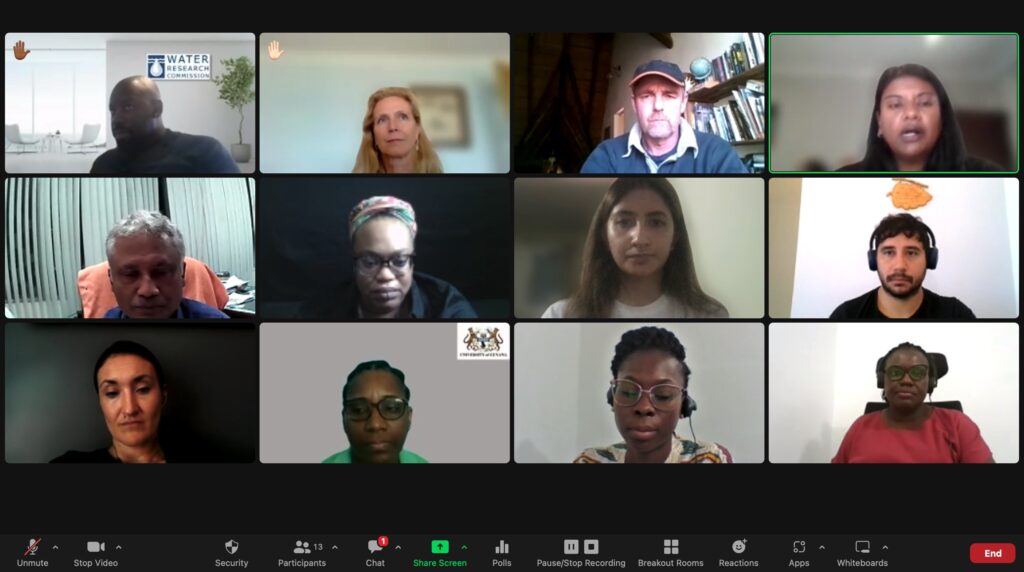“We need to think of our most vulnerable stakeholders, and we need to understand their views and concerns in an appropriate manner from the beginning”
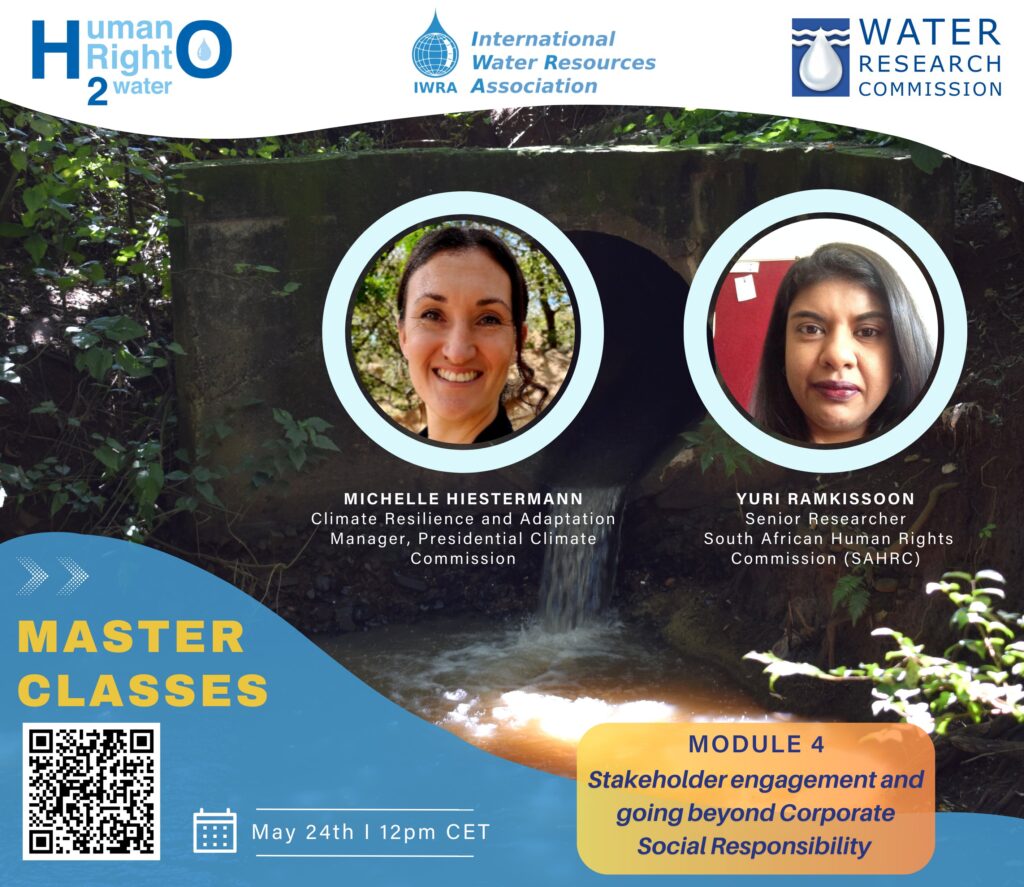
Module 4 of the Masterclass for Institutional Responsibility was held on Wednesday May 24th. The module was hosted by Michelle Hiestermann from the Presidential Climate Comission and Yuri Ramkissoon from the South African Human Rights Commission. Both the lecture and the workshop focused on stakeholder engagement and the idea of going beyond social responsibility.
If you wish to take part of the interactive workshop for this masterclass you can learn about how to become a member here. Members that join the full version of our masterclass (lecture + workshop) receive a certificate.
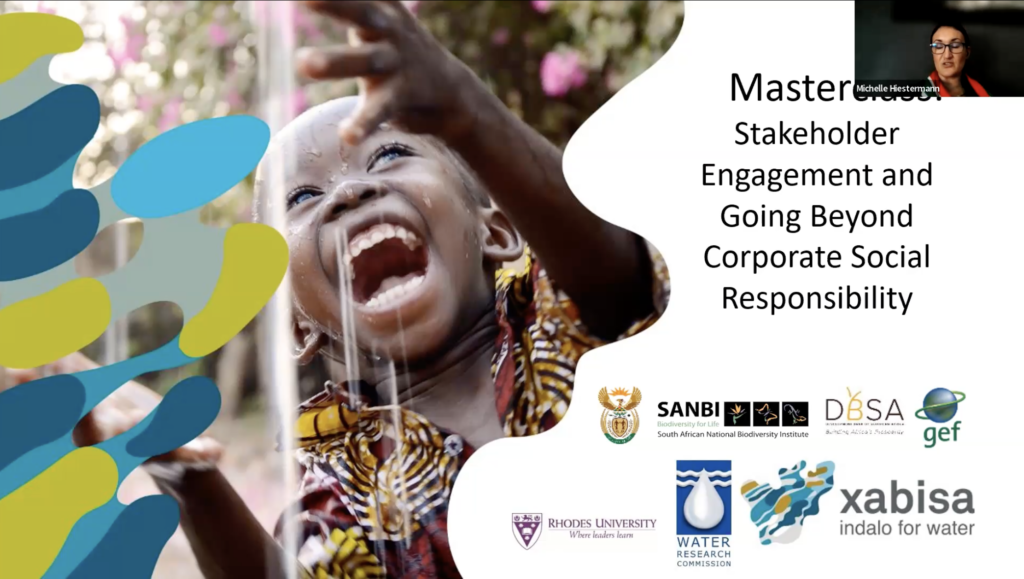
The first part of the lecture focused on the importance and benefits of stakeholder engagement. This part was moderated by Michelle Hiestermann. Michelle explored the different benefits that stakeholder engagement can bring to organisations when it comes to working with human rights and water.
During the following workshop, the participants were able to use and sample how to do stakeholder mapping in case studies, and to think about how they can apply it to their own organisations. Michelle showed different mechanisms and software that could be used for stakeholder mapping.
“Stakeholder mapping can lead to exploring how influential people are, see links and see how they connect one with the other to create meaningful participation.”
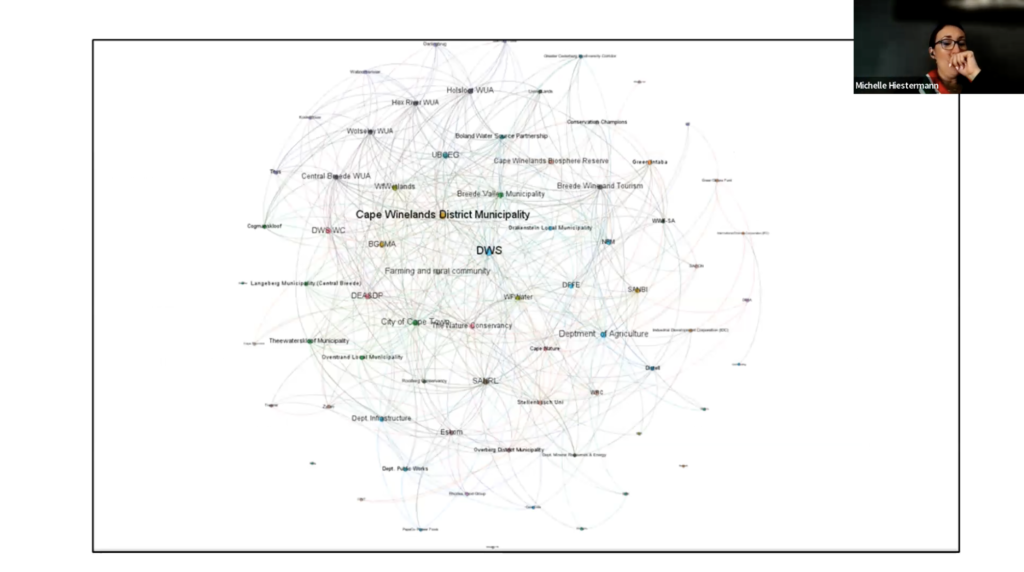
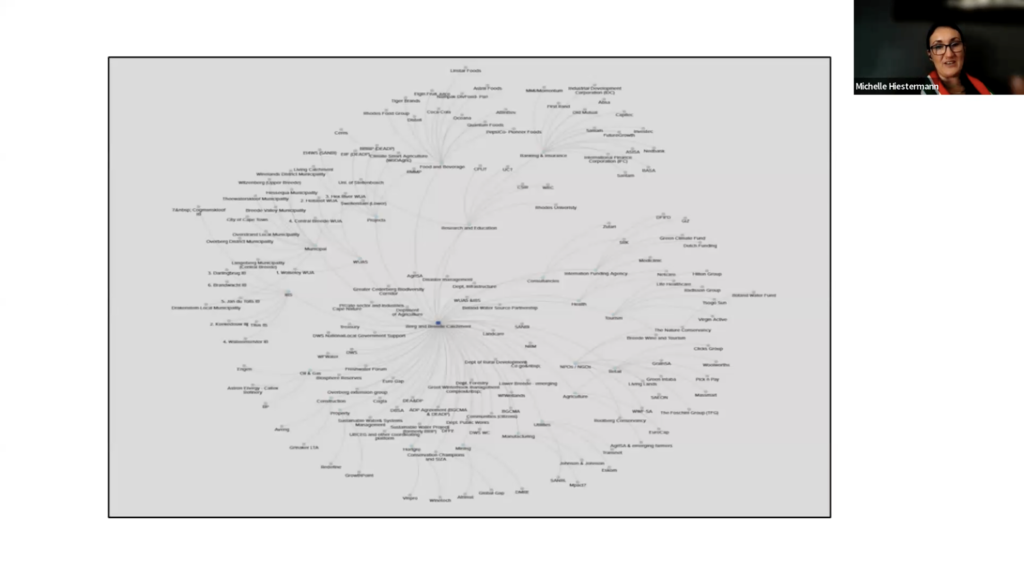
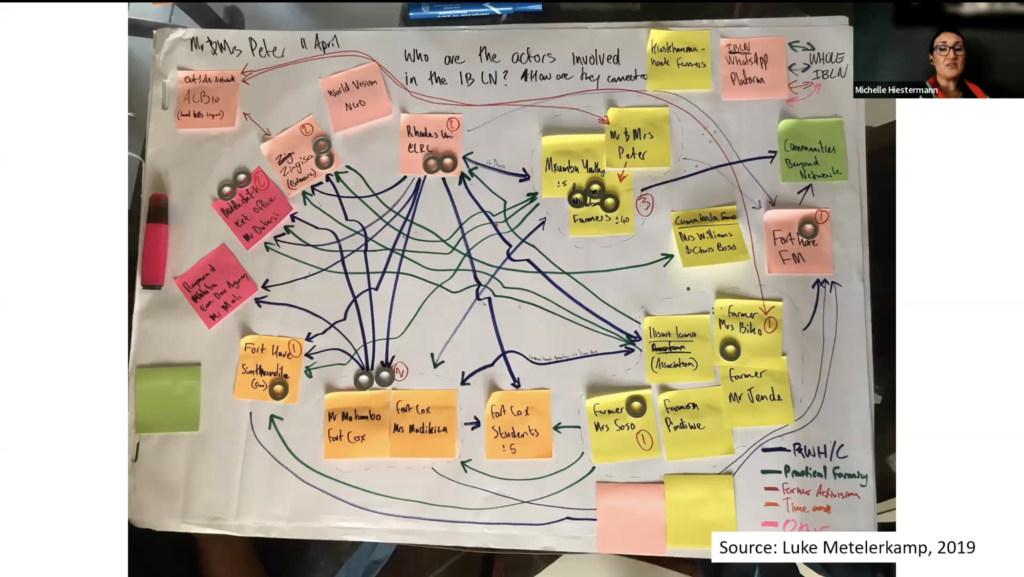
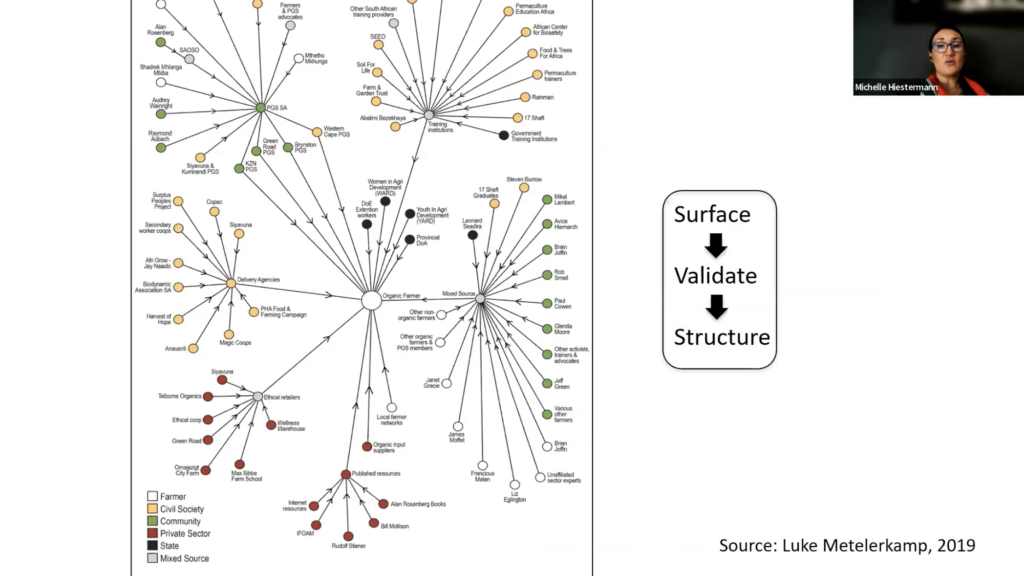
When it comes to meaningful participation, understanding your stakeholders is critical because the people or organisations involved in a project can be very diverse with have different interests and priorities. Therefore, it is important to understand how to meaningfully engage the different entities and analyse how the learning processes can be deeper and more impactful, specially from a human rights perspective.
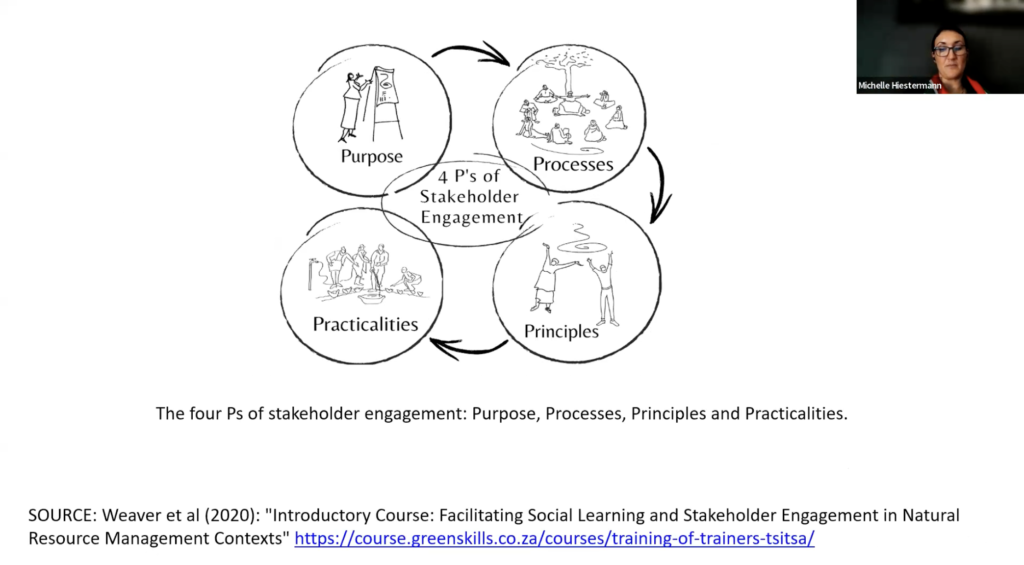
The 4 Ps of Stakeholder Engagement
Purpose: What are the goals that you have in mind and why do you want to work with these people? What motivates you or the organisations to engage stakeholders?
Processes: how is stakeholder engagement done? What kinds of processes can you design and facilitate to bring these stakeholders together?
Principles: there are keys principles related to ethics regardless of the process chosen that contribute to the work. These can be, for example, respect, reciprocity, transparency, and others.
Practicalities: these are the considerations that a facilitator needs to have such as context, purpose, dynamics, evaluation, and others.
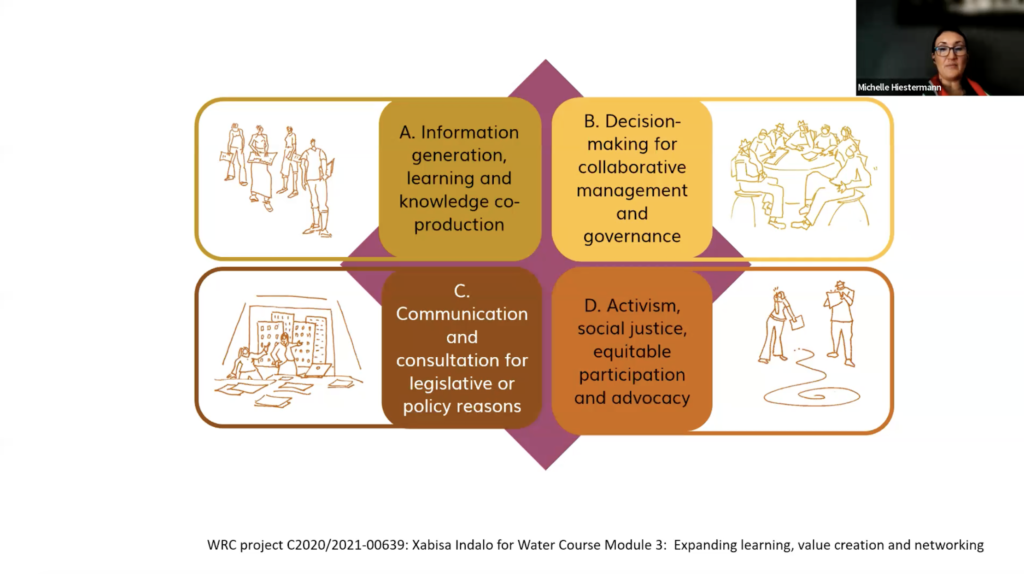
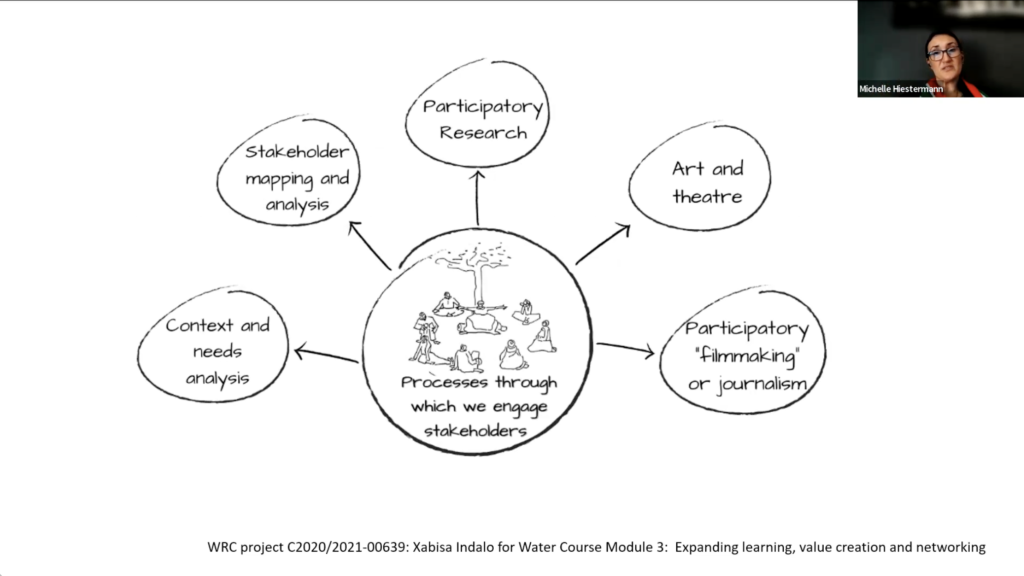
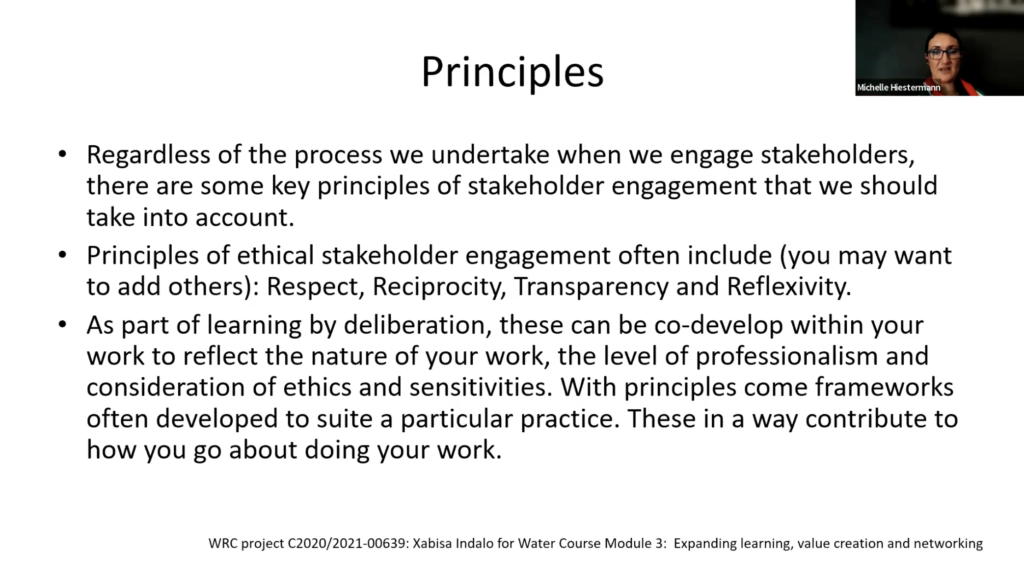
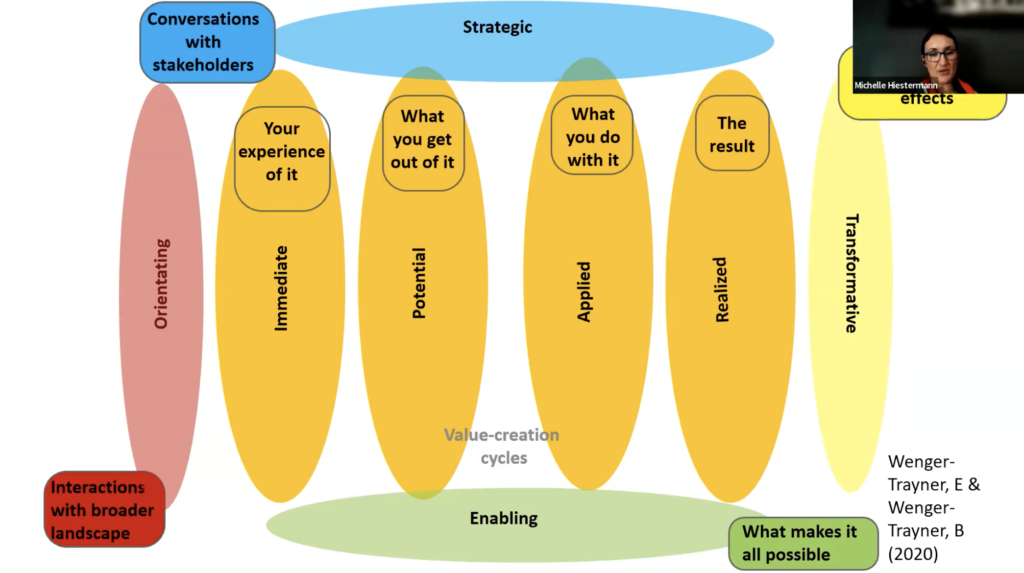
“It is important to monitor and evaluate the engagement that you are having” – Michelle Hiestermann
During the workshop the participants were also able to start thinking about stakeholder plans and evaluation plans for these processes to learn how to apply them for their own organisations.
The last part of the lecture focused on Corporate Social Responsibility (CSR). This concept was introduced by Yuri Ramkissoon and she explained how companies who used look for CSR tend to do a Triple-Bottom-Line-Approach which addresses the social, ethical, and environmental impacts while also addressing the shareholders and stakeholders expectations by maintaining a profitable business. It was interesting to understand how CSR does not automatically translate into a company making all the right ethical or environmentally sustainable decisions, as it is coloured by the legislative environment in which they are operating.
